Poverty, suffering in silence
According to the United Nations, poverty means not being able to provide for the basic necessities of life. Even in a rich country like the Netherlands, more and more people are affected by poverty, certainly after the COVID-19 pandemic. We use the term absolute poverty when people live below the low-income threshold and have no access to healthy food, housing, healthcare (e.g., health insurance) or cannot continue their education after the compulsory school period. Relative poverty refers to the living conditions of a person or group in relation to their surroundings. Social poverty means not being able to take part in normal social life because there is little or no money, for example, to pay for a sports club membership, for extracurricular activities or access to the internet.
Often there is so-called silent poverty, because you don’t easily know when someone can’t pay their rent or doesn’t have enough money to eat more than once a day. Silent poverty occurs among our students as well, particularly because it is often a taboo to talk about financial problems. UM student Kim Thieme, an expert by experience, has the courage to talk about this issue. Organisations such as Juupu and @ease support young people in financial distress on a daily basis and also call for the silence surrounding poverty to be broken. Prof. Paul Smeets, Professor of Philanthropy and Sustainable Finance, talks about opportunities to help people with financial problems.
Kim fights against poverty
Kim Thieme is a first-year Health Sciences student fighting poverty among students and people in Maastricht. She knows more than anyone what it means to have serious financial problems.
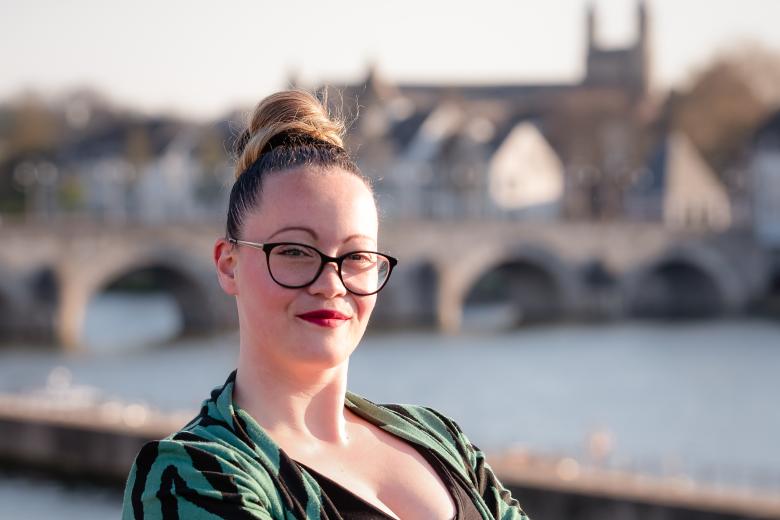
Giving money helps
Since early 2020, Professor Paul Smeets has held the Chair of Philanthropy and Sustainable Finance of the Elisabeth Strouven Fund. ‘Poverty is very different now from what it used to be’.
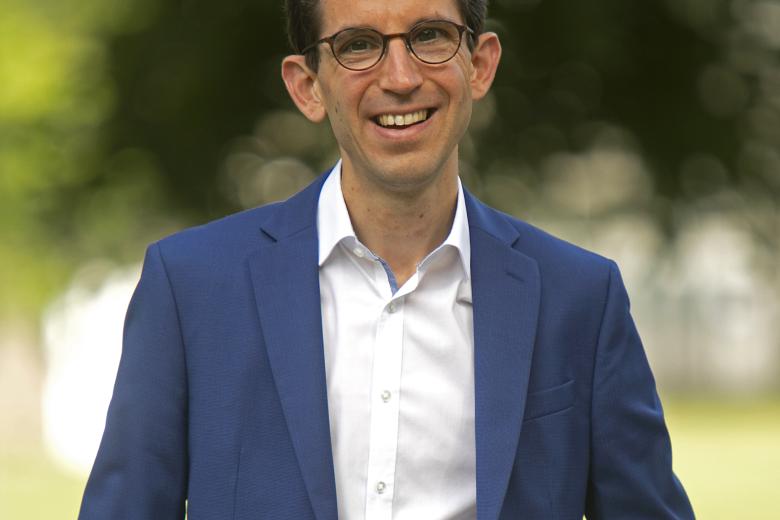
Asking for help = showing courage
In 2016, Juul and Puck decided they wanted to do something to combat the poverty they saw around them. This resulted in Juupu, now a fully-fledged, official foundation that fulfils an important role.
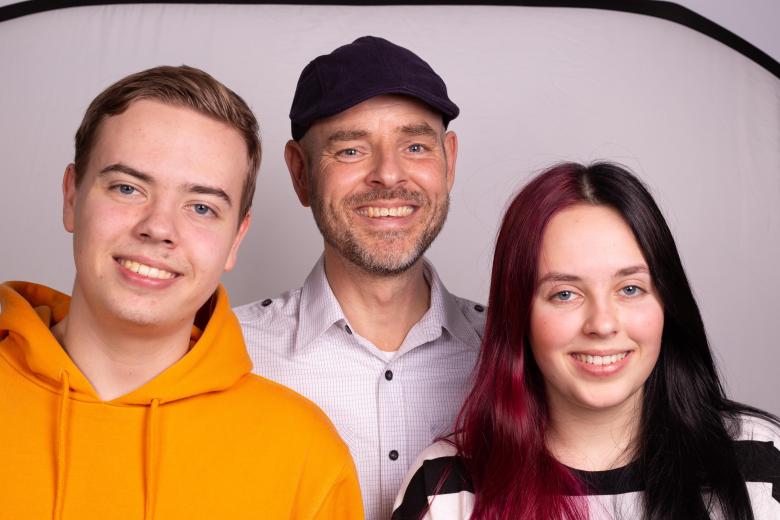
Debora op 't Eijnde's experiences at @ease
@ease is for young people between the ages of 12 and 25. There they can talk about mental health, school, work, sexuality or finances. What has Debora op 't Eijnde noticed about so-called silent poverty?
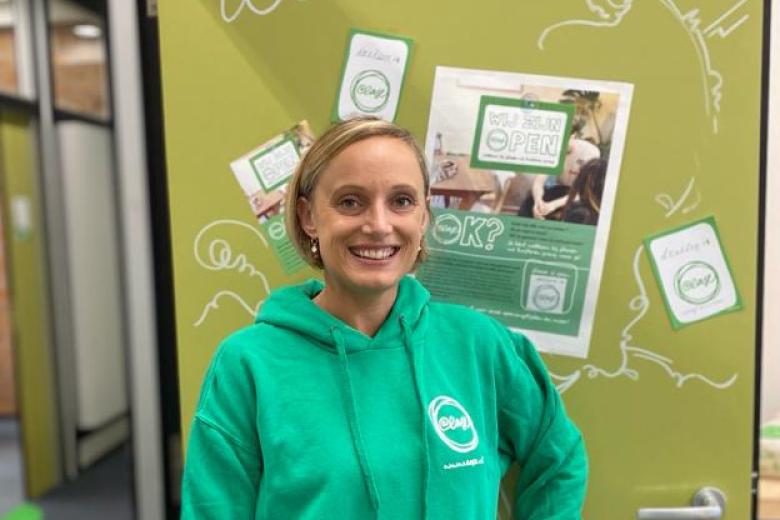
Kim fights against poverty
Kim Thieme is a first-year Health Sciences student fighting poverty among students and people in her neighbourhood, Pottenberg. Actually, Kim is fighting poverty throughout the entire population of Maastricht. She knows more than anyone what it means to have serious financial problems and to end up in the poverty trap: trying to fill one hole while creating another - causing debts to pile up. In her relentless struggle against poverty, she has developed various initiatives with great success. For her project SLIM (Studie Loket en Informatiepunt Maastricht) she recently received a UM Diversity & Inclusivity Grant and with her project Digital Loan Service (more information will follow soon) she won the UM Student Idea Competition. The academic world has discovered her as well. She has joined an advisory group led by Professor of Health and Wellbeing of People with a Lower Socioeconomic Position, Gera Nagelhout, in which she advises scientists on their research from the real world.
Kim knows what she's talking about: ‘When I started studying Health Sciences, my laptop broke down and I didn't have any money to get it repaired or to buy a new one. So, for the first six months I followed all my tutorial groups on my phone. I couldn't be a discussion leader or take notes for the group, because I couldn't see everyone or hear them very well. One time I made an excuse to get out of going to a barbecue organised by my tutor group. How could I explain to them that I couldn’t afford to buy a piece of meat? I am a first-generation student and come from what is called a lower socio-economic background, as awful as I find that term. I have no financial safety net. Let's face it, if one in 13 children grow up in poverty, that includes university students. I don't want others to end up in the same situation I was in. That is why I’m going to help.’
SLIM
A few weeks ago, Kim was able to say farewell to debt assistance. For a long time, she and her two children had to live on incredibly little money every week. Even now that she is debt free, living on very little money is no easy task. ‘I often worried all day whether I still would have a nappy I could put on my baby when she went to sleep. For my birthday, I asked for jars of baby food and nappies. The fear that sooner or later you will have to find another place to live... It destroys you. I was so ashamed and for years I didn’t ask for help because of that. What if people found out that I might not be able to provide for my children’s basic needs? Or what if people pitied me? Looking back, I know that people only wanted to help me and my children. I really regret having walked around with the secret for so long; things might not have got as bad as they did and I could have saved myself and my children a lot of suffering.’ You would think that after things improved for Kim, the issue of poverty would be a closed book for her, but nothing could be further from the truth.
‘I just thought, this shouldn’t happen to anyone else, I have to do something about it. During my difficult years, I found my way to various agencies that provide help, and I wanted to share that information, that is why I set up SLIM.’ SLIM is an information desk in the Maastricht neighbourhood Pottenberg where UM students with limited financial resources and local residents with a low income and a desire to study can go. Kim explains, ‘At SLIM you can get independent information, guidance and advice on your financial situation in order to make studying financially and practically possible without having to live in poverty. You can get advice on state and municipal regulations and provisions from local initiatives, funds and foundations.’
An additional advantage of SLIM is that we reduce the number of services that go unused. The road to the right help is often a maze - long and difficult to follow. In fact, it is almost impossible to navigate for those who actually need the help. SLIM believes that everyone has the right to study without living in poverty. By offering the right support, we want to help students with their financial worries and encourage others to study, too. So that everyone can obtain a diploma under humane conditions. Because studying without poverty is possible!’
'The UM Advisory Council on Diversity & Inclusiveness was impressed by the comprehensive project plan in which various UM departments and external partners work together, but equally by Kim's tenacity and commitment. We are convinced that this very inclusive project will have an impact on the lives of our students and local residents. We wish the entire team at SLIM a productive year!'
Rector Prof. dr. Rianne Letschert
Digital Loan Service
After her own experience studying on her mobile phone, Kim realised that she was undoubtedly not the only one with this problem. Before corona, 10% of all students had financial difficulties, but after corona there were three times as many. That gave her the idea of setting up a Digital Loan Service. Kim: ‘When I was without a laptop, I asked the Tesselschade-Arbeid-Adelt organisation for support and they gave me a sponsored laptop and an office chair. That inspired me to set up Digital Loan Service, where UM students can borrow or receive a laptop if theirs breaks down. This ensures that fewer students’ studies are delayed or even stopped for this reason. Because computers are essential for education, their availability ensures equality of opportunity. The Digital Loan Service gives students time to wait for money from another source to buy a new laptop. Everyone deserves the chance to pursue education, regardless of their financial situation. Another big advantage of the service is that digital equipment gets recycled.’
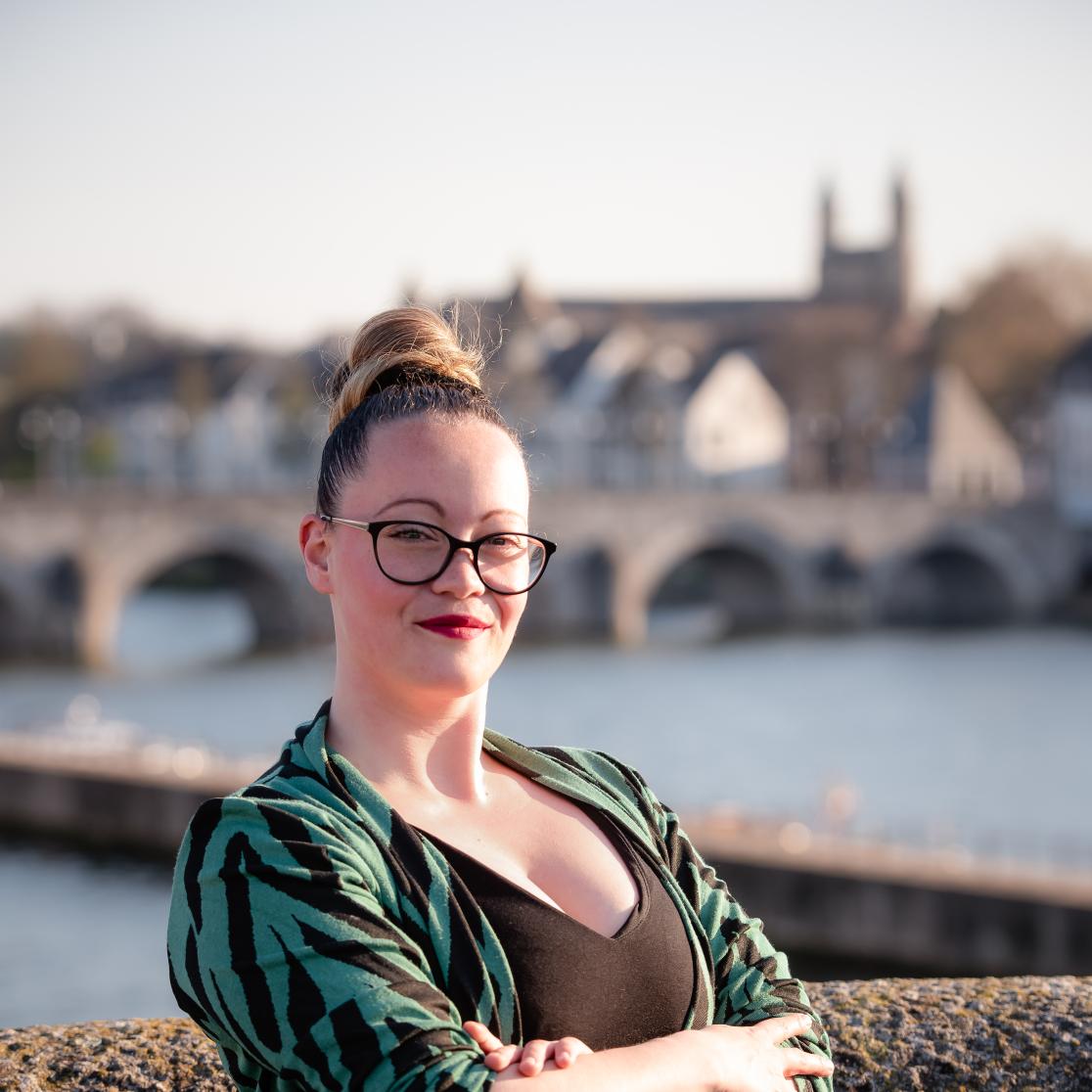
Students
‘Nobody chooses a life in poverty or debt, including students’, says Kim. ‘But asking for help takes guts. Don't make things harder for someone than they already are. Be the person that someone will always be grateful to. I know from experience that you will never forget that one person and will always be thankful, no matter how small or large the gesture. There are so many opportunities’, Kim explains, ‘if you can find the way. Do students know there is a bicycle bank where you can borrow a bicycle? That students can use the food bank under certain conditions? That there is a support fund at the UM? That there are initiatives from the municipality to help people with a low income (also students) who are having trouble because of corona? That there is a baby bank where you can get all kinds of things for your baby or child? SLIM will show you the way. But the most important thing is that students become aware of the fact that fellow students may be in financial difficulty. Don't immediately think “they’re unfriendly” if someone doesn't go out for a beer. Don't think someone who declines a dinner invitation where you have to bring something is cheap. If you notice that a housemate is often alone in their room, invite them to dinner, “We have too much, would you come?” Remember that money troubles can lead to depression, health problems, anxiety and stress. Be understanding, always.’
Text: Margot Krijnen
Translation: Meredith Bradt
Photo: Nick Weijsters
Would you like to help?
Would you like to help Kim set up a physical office for her project SLIM, the accessible contact point for people living in poverty in Maastricht? Then please donate to the UM Crowd action.
Help Maastricht residents living in poverty
Giving money helps
Since early 2020, Professor Paul Smeets has held the Chair of Philanthropy and Sustainable Finance of the Elisabeth Strouven Fund. You can safely call him an expert in the field of poverty and charity. ‘Poverty is very different now from what it used to be’, Smeets explains. ‘When my parents were young, nobody in the neighbourhood had anything. Everyone sat on the pavement outside and whoever had something to eat or drink shared it with the neighbourhood. Now you have to have money to go out drinking with your neighbours.’
What is the definition of poverty?
‘Worldwide, extreme poverty means living on the equivalent of €60 a month. In the Netherlands, the amount translates to €1090 (after taxes) for a single person, €1530 for a couple without children and €2080 for a family with two children. If you compare €60 in a poor country with €2000 here, it seems like a big difference. However, poverty is not less harrowing here. In the Netherlands, the standard of living is much higher, so the cost of living is too, and tertiary education, for example, is something that is expected. Here we also have social poverty which is not being able to participate in activities with others. Then people become socially isolated.’
What are the consequences of poverty?
‘With poverty, you always see a few things. First of all, cognitive functioning deteriorates. This means that functions such as your memory, the ability to learn, language use and being able to understand and perform complex, daily activities are diminished. It makes sense, because if you have to spend all your energy on making ends meet, you can't put as much energy into other things compared with people without financial problems. Numerous studies show this decline in cognitive functioning. The same thing can be observed in farmers; shortly after a harvest, they score much higher on cognitive functioning than in the period when they are far from harvesting and have little income. Secondly, poverty is often passed down from generation to generation. When children grow up in a poor family, and many do, you see that it is often very difficult to get out.’
What can we do as a society to alleviate these problems?
‘There are many opportunities for us as a society, especially when it comes to supporting children in poor families. A good example of this is the Healthy Primary School of the Future programme. Children from poor families often eat less healthily, because there is no money to buy fresh fruit and vegetables. Within the Healthy Primary School of the Future initiative, schools can ensure children receive sufficient vitamins and exercise enough. What you also see is that a mentor can mean a lot to each individual child. Together, the Elisabeth Strouven Fund and the Maastricht music venue Muziekgieterij have set up the M-PX project in the field of music education. It is known that children from disadvantaged backgrounds have low self-esteem. If these children have positive experiences, such as making music successfully together in a band, it improves their self-image. In turn this helps them perform better at school, where they are often less strong in many respects.’
How can we combat poverty?
‘It has been proven scientifically that simply giving money helps to combat poverty very well. That sounds too easy, as often it is thought that people living in poverty have done all sorts of things wrong, but that turns out not to be the case at all. There is also often the idea that poor people will use any money they receive to buy cigarettes, alcohol, etc. However, numerous studies show that simply giving money is one of the most impactful solutions that exists. You can see that the majority of people handle that money very well and see it as an opportunity to get out of financial trouble. Contrary to popular belief, they don’t waste it at all, but use it to pay off their debts and make a fresh start.
The bottom line is it costs society the least money and effort when people’s debt is eliminated or they are simply given money. You offer these people the chance to start again from scratch. This is a problem in the Netherlands, unlike, for example, the United States. In the US a lot is wrong, but in terms of debt and starting over, it's much easier there. In the US, you can declare bankruptcy and begin all over again. In the Netherlands, debt always follows you. If you can’t pay off your debts, you are stuck in a vicious cycle. You run out of energy because you're only trying to get out of debt. Once it’s gone, you can focus on new things, like finding a job.’
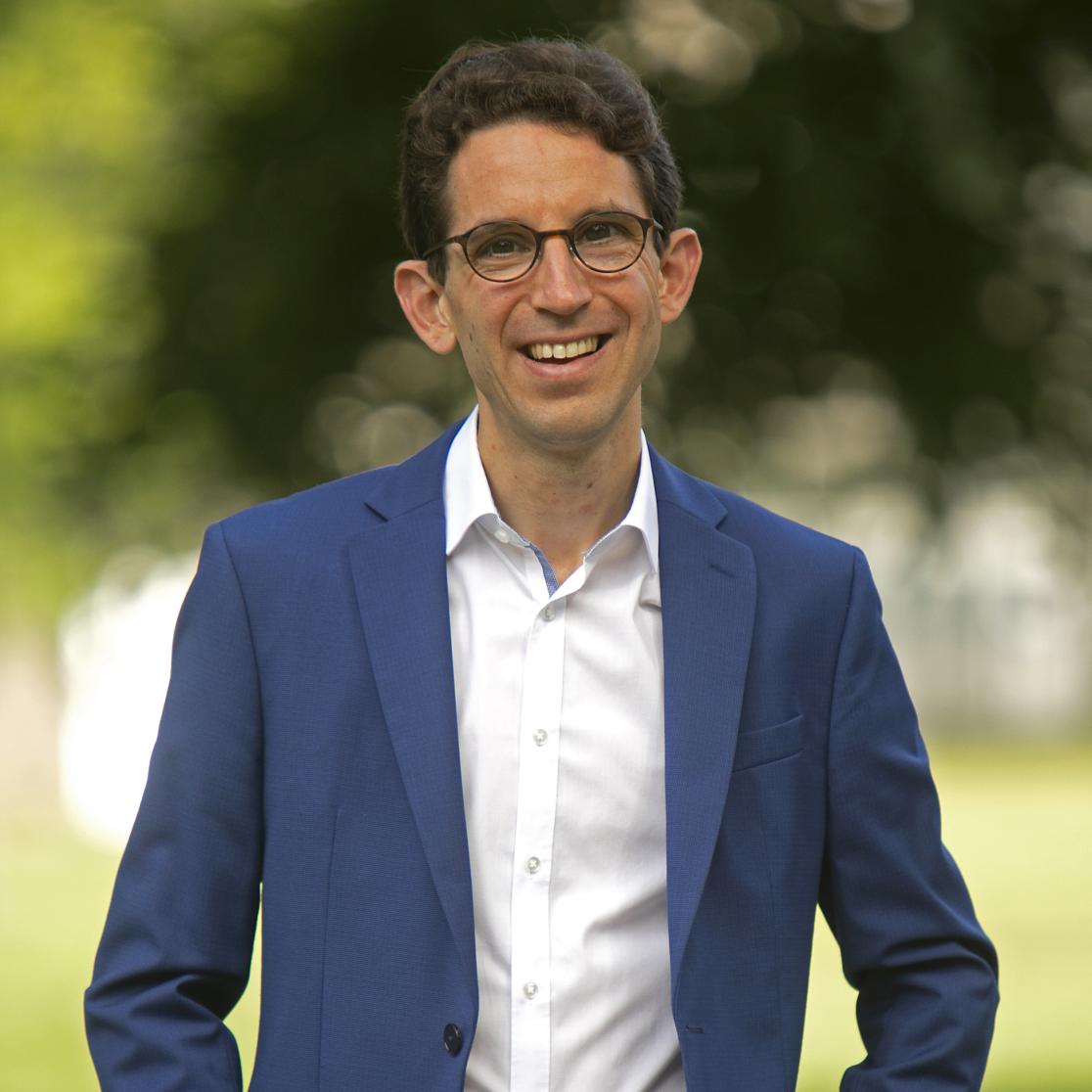
Asking for help = showing courage
In 2016, Juul (2001) and Puck (2003) decided they wanted to do something to combat the poverty they saw around them. And just as important, they wanted to make other young people aware of the fact that poverty exists in the Netherlands. This resulted in Juupu, now a fully-fledged, official foundation that fulfils an important role.
Juupu’s mission
Their father, Ceriel Knols, has guided Juul and Puck in their mission from day one: ‘Poverty is more than having no money. Poverty is when you have lost sight of the value within yourself. It is much more than no food on the table. Poverty leads to loneliness, to feeling different from others, not knowing what to do with yourself. Juul and Puck have come into contact with many young people who are unable to support themselves. They decided to help them by organising collections at schools. This has a double effect, not only do they make a difference for many households with the items they collect, but at the same time students from the participating schools talk about poverty. Then they realise that they too can contribute to reducing poverty in their community.’ Currently 150 households are structurally supported by Juupu, but the need is much greater. For a year, Juupu has been working with the Dutch Red Cross southern region chapter.
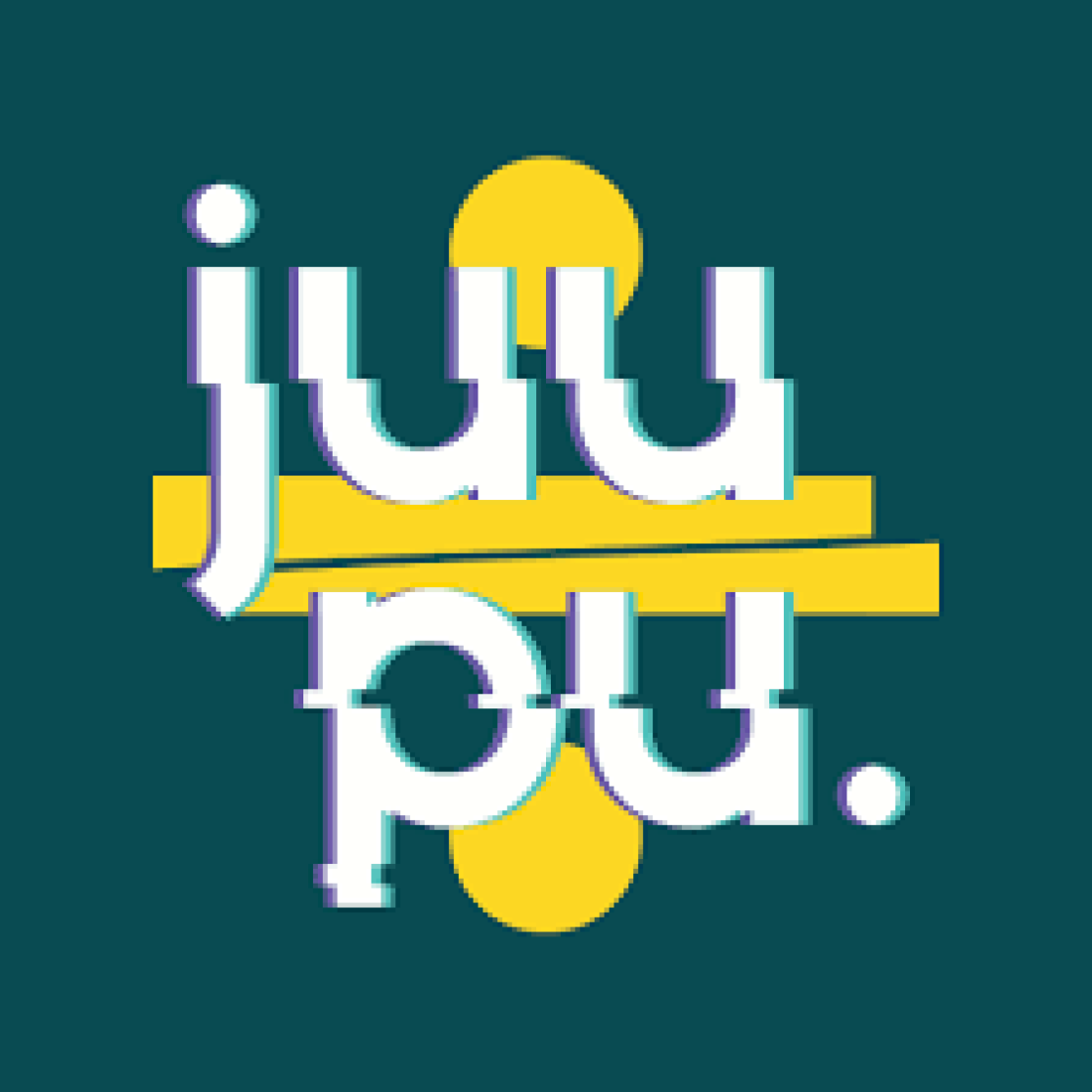
Help each other
The Juupu Centre was recently opened thanks to a unique collaboration with de Ruimte from SNS Bank Maastricht. There, Juupu can offer young people from all different schools and walks of life the opportunity to get in contact with each other and learn about the power of Juupu. To help each other, share with each other, learn from each other and be relax together.
Students
According to research from the Dutch central statistics office in 2019, more than one million people in the Netherlands - including 251,000 children - live below the poverty level. Eight percent of the Dutch population is registered as having debt problems, 40% are financially illiterate and the number of homeless people has more than doubled in the last ten years. With such numbers, it seems obvious that university students must also be confronted with these problems. Does Juupu notice poverty among these students? Knols: ‘We noticed that after the second lockdown, the consequences were particularly severe. Students came to us for practical support. Fortunately, we can offer them this with the products we receive from schools, but also with the food vouchers from the Red Cross. We see two groups of students: firstly, students who grew up with poverty at home. They have unconsciously received this message from home: “you don't ask for anything, you don't talk about it, you do it on your own, you don't get into debt”. There is a culture of shame among this group. The second group consists of students who have never experienced poverty before, but know how hard their parents have to work so that they can study. They lost their part-time jobs because of corona. They find themselves between a rock and a hard place: either they admit to their parents that they cannot manage with the knowledge that they are putting an extra burden on them, or they admit their situation to their housemates and fellow students with the risk of be stigmatised. In many cases, they choose to conceal their problem and, for example, eat only one €2 meal a day in the cafeteria. That is not healthy or smart.’ Students who come to Juupu have been referred by their educational institutions, from vocational to higher education, or by housemates who are worried about them because they lock themselves away and avoid contact with others.
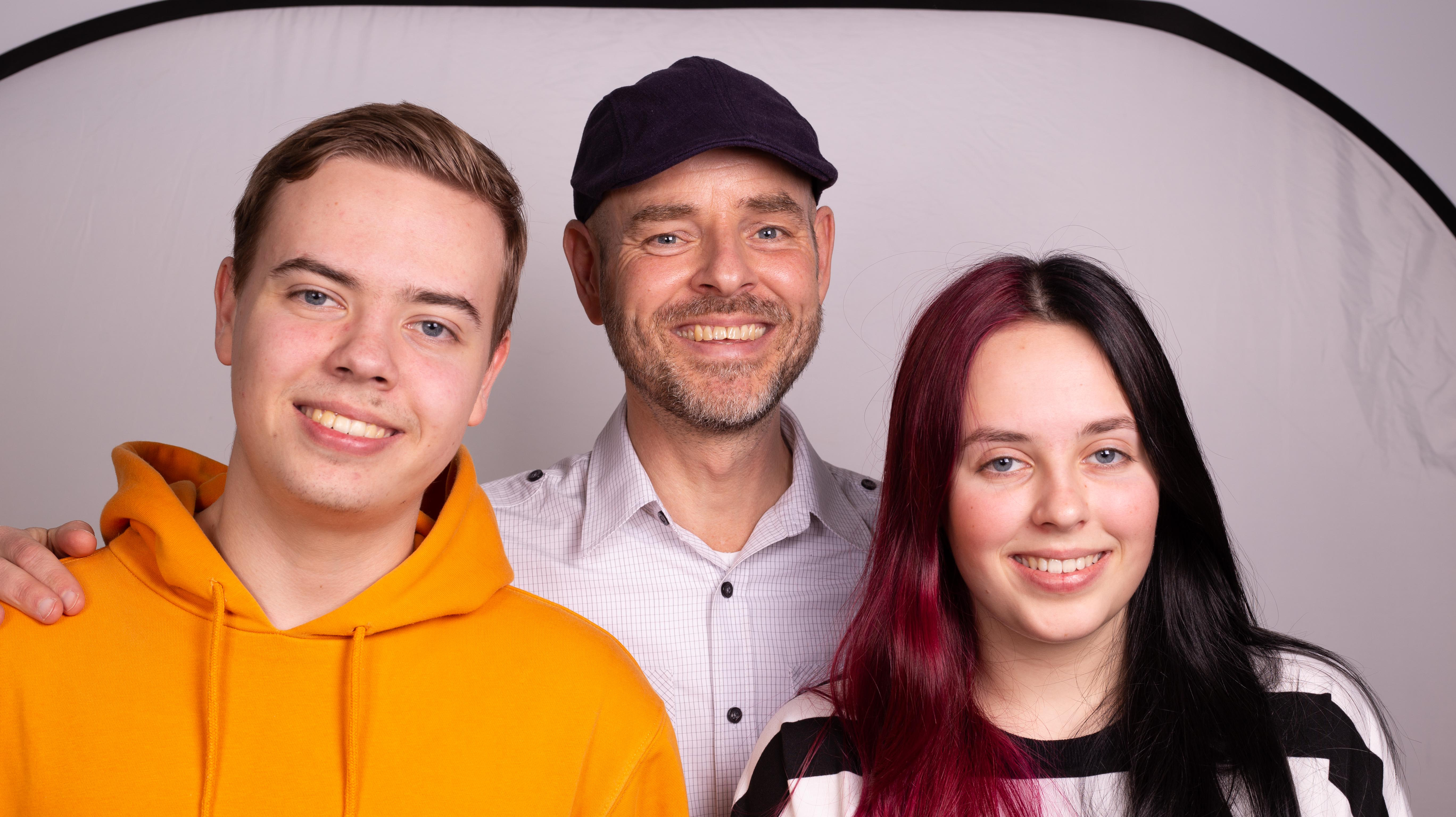
Taboo
‘There are many young people who do not realise that what they are dealing with is called poverty’ says Knols. ‘They were brought up with the message “you make do”, for example, walking too long in worn-out or too small shoes, going to bed hungry, declining invitations; while for others these things are not normal at all. Talking about what is normal is very personal. Everyone and situation is different. Some people find it difficult to only spend €200 euros a month, others say, “I think €50 a month is fine”. We offer what the young person needs at that moment. We don't have a standard package or location; we don't provide standard handouts. Everything we offer is by request and in response to specific needs. You must realise it is extremely difficult for these young people to talk about their situation. Imagine that at the beginning of your studies you get a reputation as the poor kid who needs extra financial help. Not only does that follow you throughout your studies, but it also plays a role later in life. For this group, things are more complex than for the group we usually support: the single parent with young children. It worries me. It starts with drawing and keeping attention to the situation, breaking the taboo.’
Debora op 't Eijnde's experiences at @ease
@ease is for young people between the ages of 12 and 25. They can go to @ease anonymously, without parental consent and without having a file on them created. There they can talk about mental health, school, work, sexuality or finances. What has Debora op 't Eijnde noticed about so-called silent poverty?
‘We often notice that young people come in with mental problems behind which are issues related to poverty. I talk to students who have €75 a month to spend, who had two jobs to support themselves and lost both because of the lockdown. I met a resident doctor who worked hours and hours every day in borrowed shoes. People don’t talk about it, and if they do, it’s after the fact. Then you hear the story of poverty behind it all.
At our @ease location there is always soup, noodles, candy... until one day, a boy asked if we didn’t have any fruit. Then I found out he didn’t have money to buy fruit. I found that upsetting. Since then, I often bring fruit to the office. There is a reason these young people are here. With €75, you can't go out for a beer, but you can't talk about it either. They are already extremely frugal and when something unexpected comes along like a stolen bicycle, it’s often just too much. It’s like a tangled ball of yarn. You pull and pull on the end of the yarn and when you have finally untangled it, you end up with the poverty factor. It is still taboo.
We always advise students to cook together, it saves a lot of money. You make it clear that it doesn't matter what someone brings to the meal, even if it is a bottle of water. A golden tip: go to the supermarket around closing time and buy things marked “too good to go”. There are often vegetables that no longer look so good, but can be used perfectly, for example, in a soup. But above all, don't exclude anyone and offer a sympathetic ear.’
Text: Margot Krijnen
Translation: Meredith Bradt
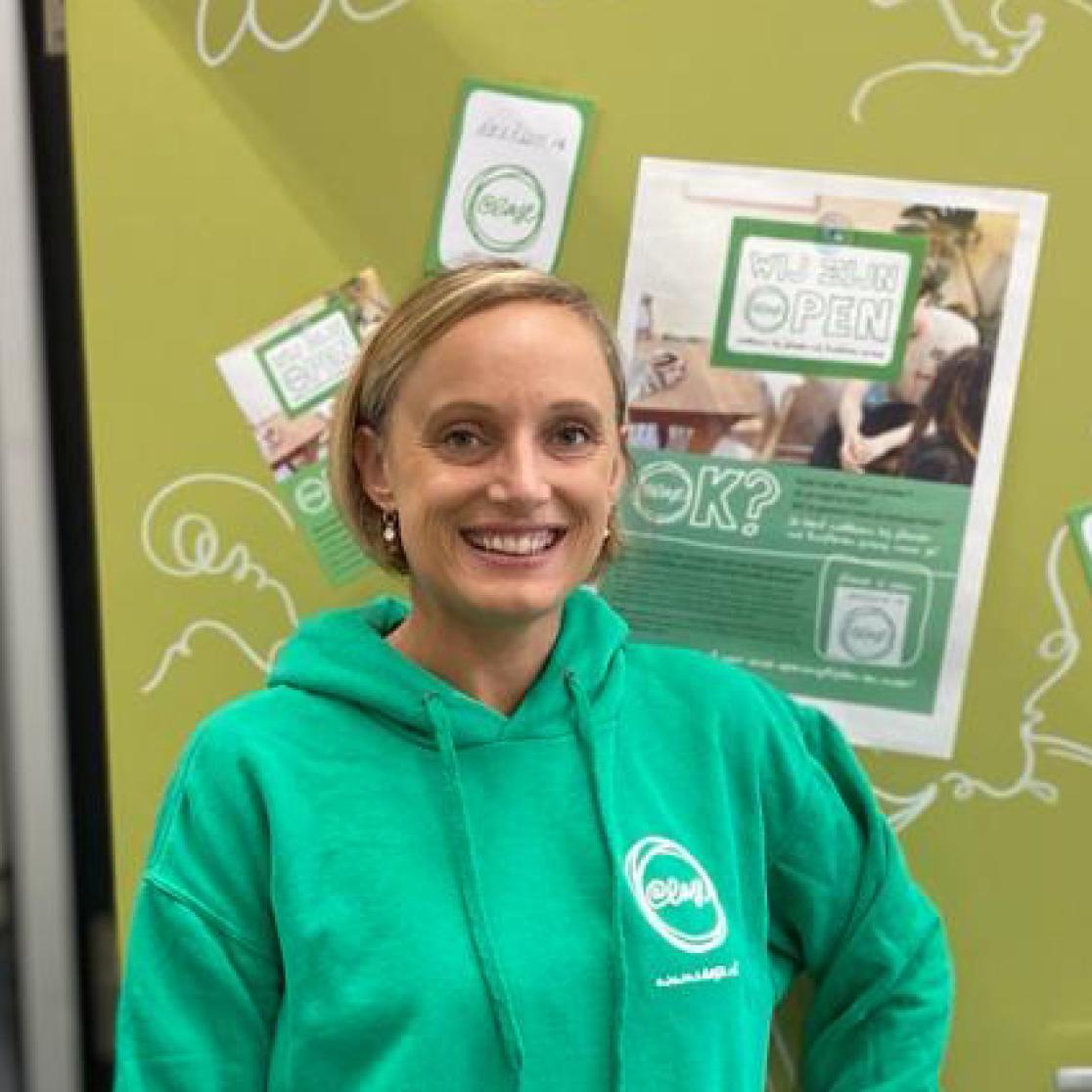
Could you use some help and advice because you're in financial trouble? Take a look at these websites: (most only available in Dutch)
Also read
-
Tanne van de Kreeke – a former lawyer turned epidemiologist
According to Tanne, a former lawyer and now part-time Epidemiology student, the quality of research in general would improve if more people had a better understanding of epidemiology and how the field relates to research methodology. Tanne is clear about the benefits of the master’s programme.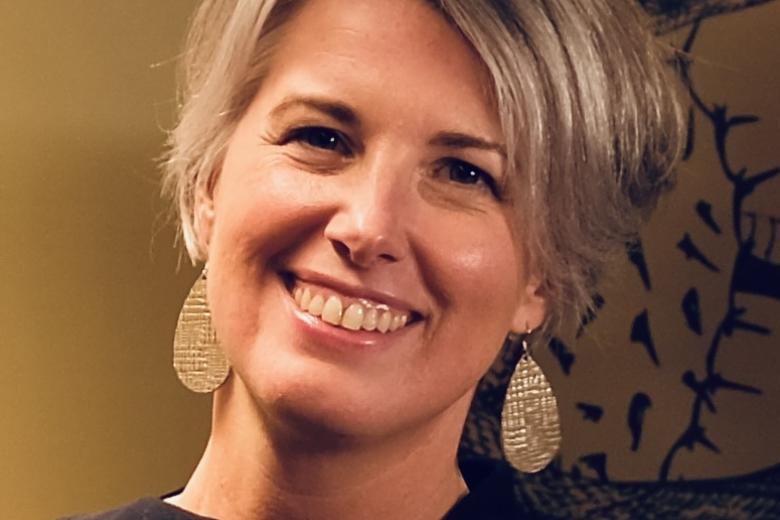
-
UM builds open education and digital literacy into BKO/UTQ
Maastricht University is taking a practical step to support early-career teachers: open education and digital literacy will be built more firmly into the BKO/UTQ.
-
UM chair Rianne Letschert nominated as informateur
Rianne Letschert, chair of the UM Executive Board, has been nominated as informateur by the political party D66.